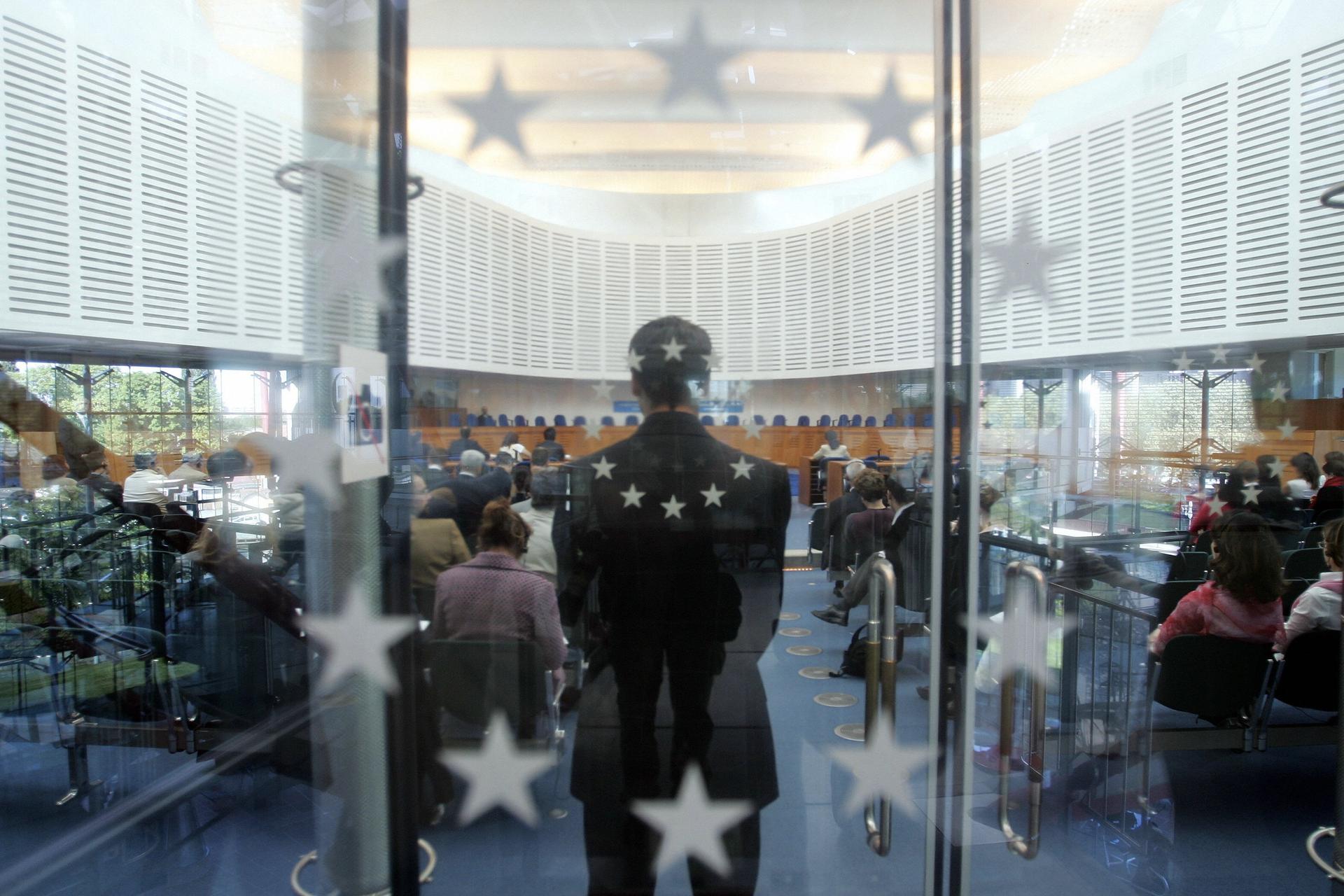UK plans European Court of Human Rights reform
While there is broad consensus that reform of the European Court of Human Rights is needed, human rights and civil liberties groups have cautioned against the idea of curbing its powers and allowing individual states greater leeway on sensitive human rights issues.
LONDON – The UK government is calling for the European Convention on Human Rights to be substantially rewritten so that judicial powers are wrestled back from Strasbourg, leaked documents have revealed.
Amid a growing backlash against the European Court of Human Rights (ECHR), the UK has prepared a detailed paper outlining plans for the court whilst London holds the six-month presidency of the Council of Europe, which set the court up.
The document, entitled “High Level Conference on the Future of the European Court of Human Rights,” will form the basis for negotiations with other countries ahead of an April summit in Brighton at the end of the UK’s term of office, and was leaked to the BBC and French newspaper Le Monde.
It was circulated to the other 46 member states of the Council of Europe, and has been prepared amid repeated criticism of the ECHR and attacks on European judges and their judgements, The Guardian reports.
According to The Daily Telegraph, the UK government hopes in future to avoid politically embarrassing judgements from the Strasbourg-based court, such as its refusal to permit the deportation of the radical Islamist cleric Abu Qatada to Jordan.
Many MPs and voters oppose such decisions, as well as other rulings giving prisoners the right to vote, and London is under pressure to act to curb the court’s powers.
More from GlobalPost: European court says Italy violated migrants' rights by returning them to Italy
The draft paper’s controversial proposals, which are geared towards cutting the backlog of cases waiting to be heard by the court and empowering national judges, will require the unanimous agreement of the 46 other countries in Brighton if they are to enter into force.
According to the BBC, the paper calls for the redrafting of the European Convention to include the principles of “subsidiarity,” meaning that decisions should be taken at the lowest levels possible, and “margin of appreciation,” meaning that national governments should have greater discretion in applying the court’s judgements.
The draft also says the Strasbourg court should not be allowed to examine cases that are “identical in substance to a claim that has been considered by a national court,” except where the national court has “manifestly made an error” or the case “raises a serious question” regarding the convention’s interpretation or application.
These proposals, coupled with a call for people to have less time to apply to the European Court after a national court issues its final ruling, would mean far fewer cases ever make it to Strasbourg.
While there is broad agreement within the Council of Europe that reform of the court is needed, human rights and civil liberties groups have cautioned against the idea of curbing its powers and allowing individual states greater leeway on sensitive human rights issues.
More from GlobalPost: Germany's war on solar
